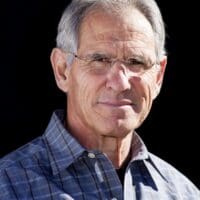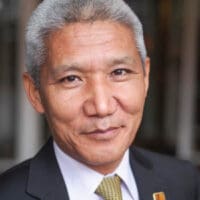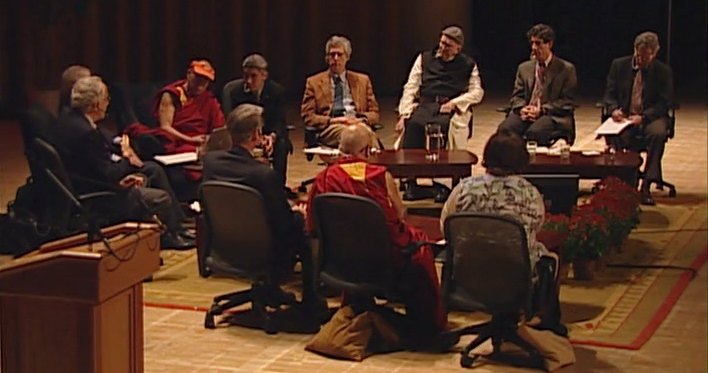Filmed during Mind & Life Institute’s “Mind & Life XIII: Investigating the Mind: The Science and Clinical Applications of Meditation” on November 8, 2005.
Introduction & Opening Remarks
SPEAKERS:
R. Adam Engle
Edward D. Miller
John J. DeGioia
His Holiness the 14th Dalai Lama
Session One – Meditation-Based Clinical Interventions: Science, Practice and Implementation
SPEAKERS:
Ajahn Amaro
Richard J. Davidson
Jon Kabat-Zinn
This introductory session sets the stage for the rest of the meeting. It will establish a vocabulary and epistemology of meditative awareness stemming primarily from the teachings of the Buddha, in particular, the Four Noble Truths, and introduce well-established clinical and research programs that are exploring the interfaces between medicine and meditation for patients with chronic health conditions, and between neuroscientific approaches to mind and brain and meditative approaches stemming from the systematic cultivation of attention and awareness.
Father Keating will offer a Christian contemplative perspective to expand the conversation beyond a Buddhist meditative framework, pointing out commonalities and differences that may be of value in developing new models for meditative interventions and investigations. Matthieu Ricard and Sharon Salzberg will offer their own unique perspectives on the interface between meditation and science and the challenges of living a full and healthy/wholesome life in these times.
MODERATOR: Matthieu Ricard
INTERPRETERS:
Thupten Jinpa
B. Alan Wallace
PANELISTS:
His Holiness the 14th Dalai Lama
Ajahn Amaro
Richard J. Davidson
Jon Kabat-Zinn
Thomas Keating
Sharon Salzberg
*****
SPEAKERS
Ajahn Amaro: How Buddhist meditative practices can inform our understanding of pain and suffering, the potential for healing, the relief of suffering, and the underlying nature of the human mind – and body. Distinctions between pain and suffering are critical and relevant within the context of Buddhist thought and practice. This talk will map out a Buddhist perspective on suffering, its ultimate causes, the possibility of liberation from suffering, and a systematic path for its realization. It will touch on what Buddhists refer to as universal qualities of the human mind that are directly accessible through the cultivation of awareness through meditation.
Jon Kabat-Zinn: Some clinical applications of mindfulness meditation in medicine and psychiatry: The case of mindfulness-based stress reduction (MBSR). MBSR has been widely accepted, used, and studied within mainstream medicine and psychiatry for the past twenty five years. This talk will describe MBSR’s approach to making mindfulness, “the foundational core of Buddhist meditation,” accessible to Western medical patients in a secular form while preserving the universal dharma dimension at its heart. Results from two clinical trials will be presented, one on rates of skin clearing in psoriasis, the other on emotional processing in cortical regions of the brain, and accompanying effects of immune function. Directions in current and future research programs will be pointed out.
Richard Davidson: Mind-brain-body interaction and meditation
Many peripheral biological systems exist within a network of neural and humoral connections that mediate the influence of the brain on peripheral biological function. Afferent connections to the brain are reciprocated in most of these systems. This anatomical and functional arrangement permits the mind to influence the body and vice versa. Meditation is a form of mental training that involves the voluntary alteration of patterns of neural activity that can produce consequences for peripheral biology through these mechanisms.
Examples from recent and ongoing studies of the neural, immune and endocrine changes produced by meditation will be presented to illustrate possible mechanisms via which meditation can promote increased mental and physical health.
Participants

Adam Engle, JD, MBA
Mind & Life Institute
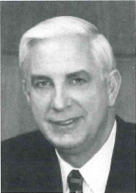
Edward D. Miller, MD
The Johns Hopkins University School of Medicine
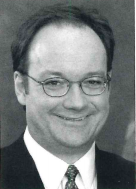
John J. DeGioia, PhD
Georgetown University

His Holiness the 14th Dalai Lama
Honorary Board Chair

Ajahn Amaro
Abhayagiri Buddhist Monastery

Richard J. Davidson, PhD
William James and Vilas Research Professor of Psychology and Psychiatry and Founder & Director of the Center for Healthy Minds, University of Wisconsin-Madison. Founder and Chief Visionary for Healthy Minds Innovations, Inc.
